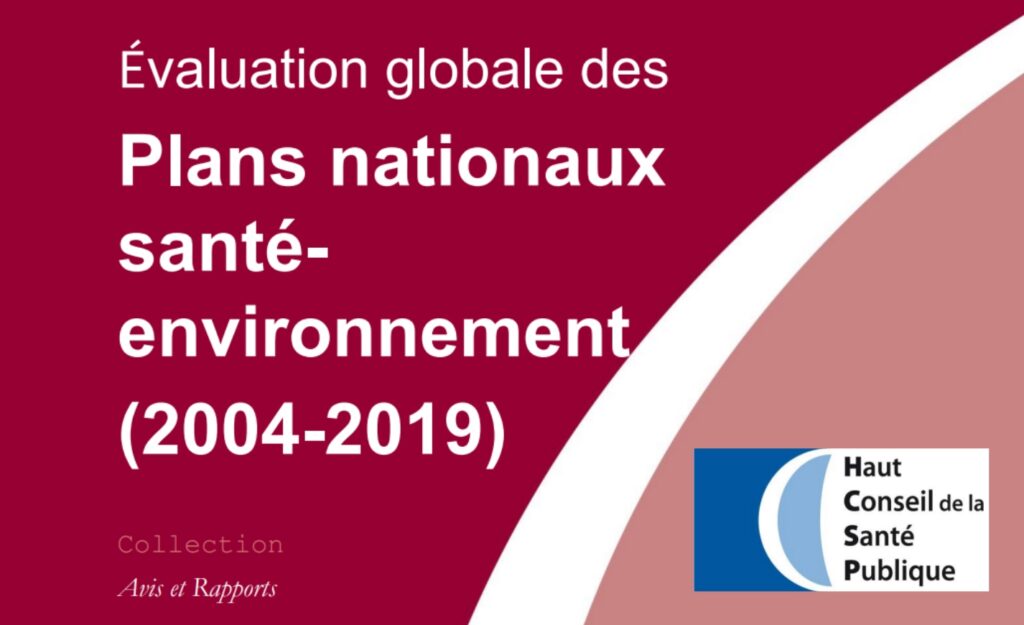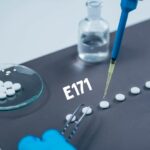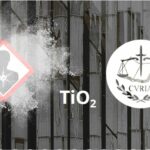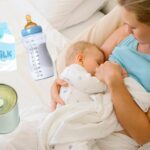
PNSE 4 interim report: Achievements and pending actions on nanos
The government has just released its 2021-2022 progress report on the 4th National Environmental Health Plan.
As a reminder, the PNSE 4 (2020-2024) published in May 2021, included an action 13 entitled “better manage the health and environmental risks of nanomaterials”, broken down into 5 components.
The progress report lists the projects carried out mainly by the Ministry of Ecological Transition (DGPR), the Fraud Control Department (DGCCRF) and the National Health Safety Agency (ANSES) on these different aspects:
1 – Support the adoption of an harmonized definition of nanomaterials at the European level
Based on the expertise of ANSES, the French authorities have “proposed to set a threshold as low as possible with regard to the state of the current knowledge in metrology and, in any case, less than or equal to 10%” for the particle size distribution below 100 nm.
However, the European Commission did not listen and maintained the 50% threshold in its new definition recommendation published in June 2022, leaving “off the radar” a very large quantity of substances containing “nanomaterials” as defined by ISO.
We will have to wait to see if, in the coming months and years, the Commission will take “differentiated management measures according to the sectors of application”. Working to convince other Member States seems necessary. AVICENN will support the French authorities in their work in this direction.
2 – Improve knowledge on the use of nanomaterials
3 – Improve knowledge of the health and environmental risks associated with nanomaterials
4 – Improve compliance with obligations regarding the presence of nanomaterials in everyday objects and extend the labeling requirements to other sectors
5 – Regulate nanomaterials that do not have a strong utility and that may present risks.
r-nano register
The HSCP confirms that “the r-nano register must be improved because it is poorly filled out by industry and difficult to use because its access is too restrictive. It should be opened up more widely and, in particular, to researchers working on the relationship between exposure and health effects in epidemiological studies“.
The HCSP is also in favor of increasing the resources dedicated to r-nano:“Anses has only one person to manage the R-Nano register, respond to requests from registrants, accompany them and produce the annual report, which is notoriously insufficient to steer and lead this action.
What about research on the risks associated with nanomaterials?
AVICENN and the HCSP recommend supporting research aimed at better understanding the health impacts of exposure to nanomaterials.
Last March, the HCSP asked that the “balance between risks and their socio-economic benefits” be taken into account in the assessment of health risks of new technologies.
Public Information
Having been made aware by AVICENN of the weaknesses in the PNSE 4 concerning the information and awareness on nanomaterials, the HCSP recommends“to improve public information on the presence of nanomaterials in consumer products through clear labeling (“composcore” or “toxiscore”) and to enforce strict compliance with regulations”.
It now remains to be seen how this is taken into account…

Other news on the topic
Our information sheets to go further
Upcoming Nano Agenda

- Webinar about “the urgent challenges of reformulating without TiO₂, from food colorant safety to maintaining product quality across industries” and “upcoming ingredients and competitive insights that will help you move from problem to solution before the deadline hits”
- Organizer: GreyB
- Website: https://www.greyb.com/resources/tio2-alternatives/

- International Conference on Advanced Nanotechnology and Nano Materials
- September 22 & 23, 2025
- Website: https://advnanotech.authorsequity.org
- 15th Meeting on Nanoscience Advances (MNA 2025)
- Organized by: C’Nano (CNRS), Aix-Marseille University
- Dates: from September 29th to October 2nd
- Website: https://cnano-paca.fr/conf/mna2025/index.html



